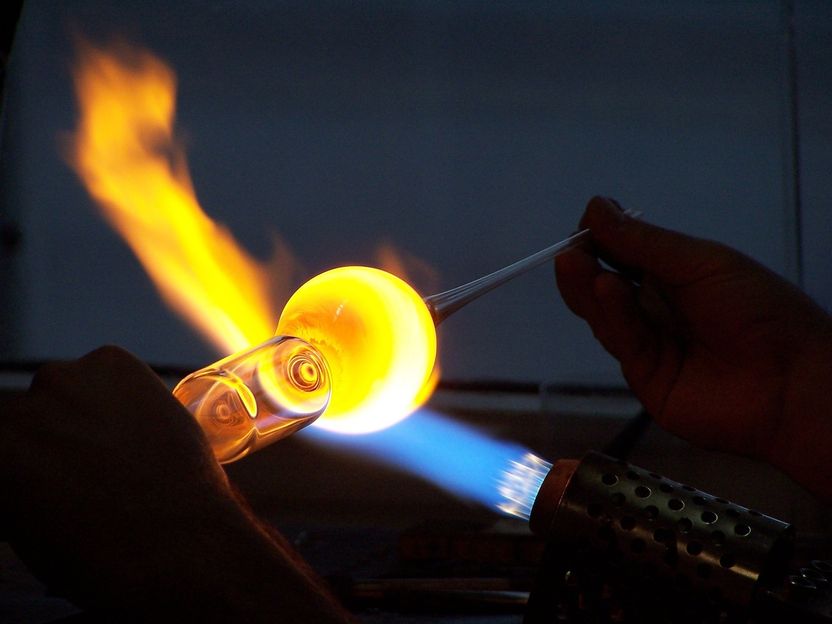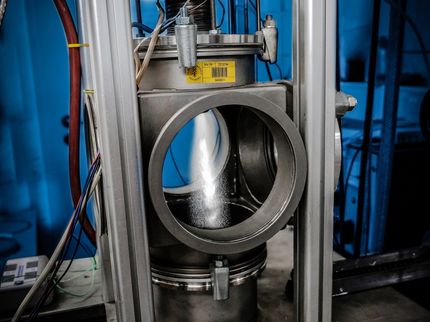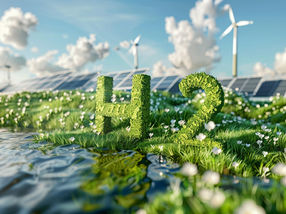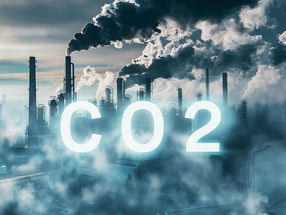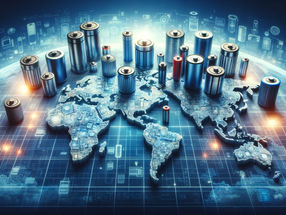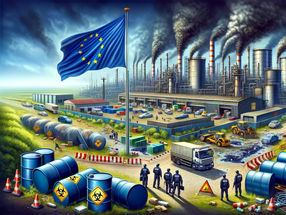From sports fields to cosmetics: microplastics to be banned in the EU in the future
Granules on artificial turf fields and other sports facilities are largest source of added microplastic releases, commission says
Advertisement
(dpa) The sale of microplastics in a wide variety of areas is gradually being banned in the European Union. New rules from the EU Commission will ban the sale of microplastics as such in the future, as well as products to which microplastics have been added and which release them during use. This is the result of a communication from the Brussels authority on Monday. The ban affects, for example, granular material on sports facilities, cosmetics such as scrubs or glitter, as well as toys and pesticides.
The measures are to be implemented gradually: The ban on microbeads and loose glitter, for example, is to apply in as little as 20 days, while in other cases the sales ban is not to come into force until the next few years.
The term microplastic is used to describe synthetic polymers that are difficult to degrade and are less than five millimeters in size. The particles accumulate in animals, including fish and shellfish, and can therefore end up in food. The new regulations are designed to prevent the release of about half a million tons of microplastics into the environment.
Granules on artificial turf fields and other sports facilities are the largest source of added microplastic releases, according to the commission, making them an environmental problem. The microplastic ban would therefore take effect here after eight years - "to give owners and operators of sports fields the time to switch to alternatives."
Products used at industrial sites or that do not release microplastics during use are reportedly exempt from the sales ban. However, their manufacturers would have to provide instructions on how to use and dispose of the product to avoid microplastic releases. There are also certain exemptions for pharmaceuticals and food and feed products.
Note: This article has been translated using a computer system without human intervention. LUMITOS offers these automatic translations to present a wider range of current news. Since this article has been translated with automatic translation, it is possible that it contains errors in vocabulary, syntax or grammar. The original article in German can be found here.
Most read news
Other news from the department politics & laws
These products might interest you

Get the chemical industry in your inbox
By submitting this form you agree that LUMITOS AG will send you the newsletter(s) selected above by email. Your data will not be passed on to third parties. Your data will be stored and processed in accordance with our data protection regulations. LUMITOS may contact you by email for the purpose of advertising or market and opinion surveys. You can revoke your consent at any time without giving reasons to LUMITOS AG, Ernst-Augustin-Str. 2, 12489 Berlin, Germany or by e-mail at revoke@lumitos.com with effect for the future. In addition, each email contains a link to unsubscribe from the corresponding newsletter.
Most read news
More news from our other portals
Last viewed contents
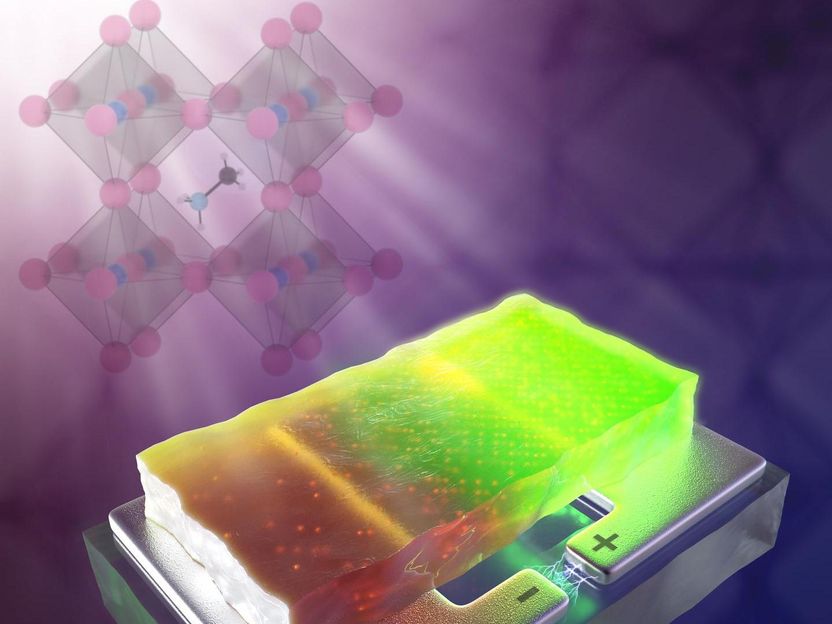
Watching atoms move in hybrid perovskite crystals reveals clues to improving solar cells
